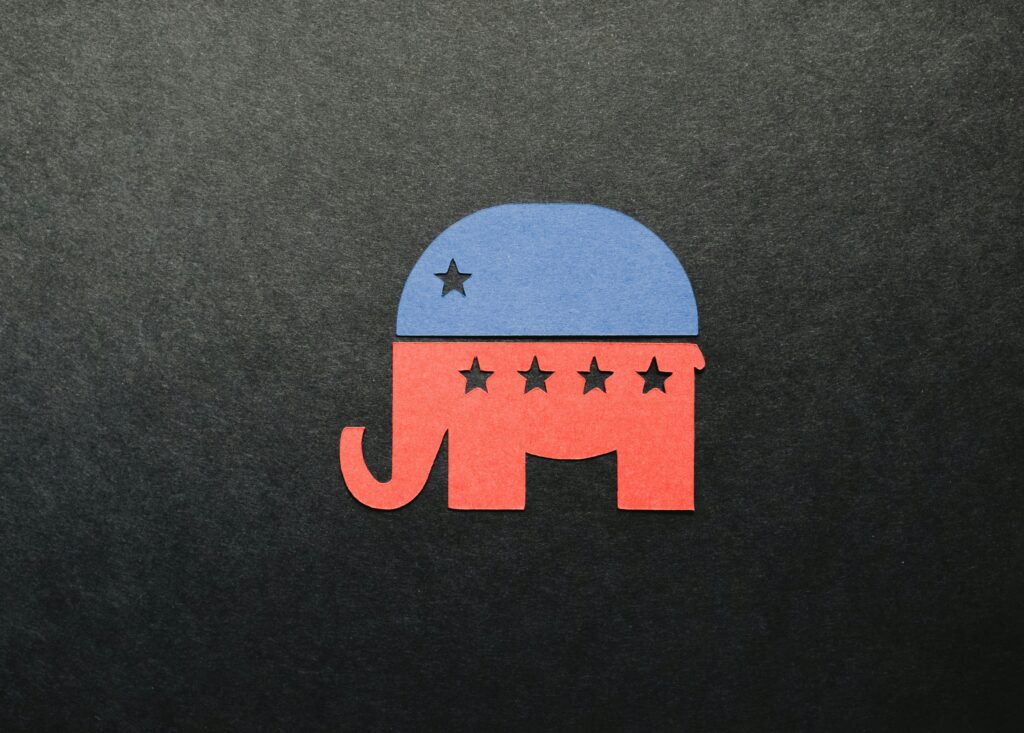
With the recent declaration of former President Trump as the U.S. election winner and Republicans poised to control both the Senate and House, markets have surged. U.S. equities rallied, while Treasury yields and the U.S. dollar saw significant increases. Yet, despite this positive initial response, investors face considerable uncertainty over how policies will shape up under a Republican-dominated Congress.
Key Takeaways
A Republican-controlled Congress increases the likelihood of sweeping policy changes, including potential tax cuts, deregulation, and increased tariffs. The size of the Republican majority in Congress and President-elect Trump’s specific priorities will determine the pace and extent of these changes. Although markets are currently strong, future policy actions could introduce volatility, particularly if higher tariffs and rising bond yields start affecting economic fundamentals.
Republican Policy Focus Areas and Market Reactions
The equity market’s initial rally reflects optimism for pro-growth policies, including possible deregulation and tax cuts. However, there are still important considerations regarding fiscal policy, trade, and international relations:
- Tax and Fiscal Policy: Trump aims to extend the Tax Cuts and Jobs Act (TCJA) and reduce corporate tax rates, especially for domestic manufacturing. However, these proposals could elevate the national debt, potentially reaching 142% of GDP over the next decade. Increased debt could pressure bond markets, with long-term Treasury yields likely to remain elevated.
- Trade and Tariffs: The likelihood of increased tariffs, particularly on Chinese imports, has created uncertainty. Trump has the executive authority to impose tariffs unilaterally, which could lead to retaliatory measures from trade partners. Trade tensions may strengthen the dollar but also increase inflation risks, affecting both imports and exports.
- Deregulation and Sector Impacts: Deregulation could provide a boost to sectors like small-cap companies, regional banks, energy, and certain tech firms. However, the tech sector may experience mixed outcomes depending on anti-trust enforcement priorities. The fossil fuel industry may see reduced regulatory pressures, which could boost production but potentially lead to lower energy prices if supply exceeds demand.
- Defense and International Relations: Trump’s administration may scale back support for NATO and reduce aid to Ukraine, potentially shifting defense costs to other countries, particularly in Europe. This shift could impact defense spending priorities in the U.S. while increasing defense budgets abroad.
- Immigration: Changes in immigration policy could involve increased border funding and stricter asylum measures. These adjustments may restrict immigrant labor but stop short of mass deportation due to economic reliance on immigrant workers. Future reforms might also include changes to legal immigration frameworks.
Economic Landscape and Market Implications
As markets digest the initial impact of a Republican sweep, investors are focusing on how policy changes will affect the broader economic landscape:
- Equities: While U.S. equity fundamentals remain strong, particularly among small-cap and cyclical stocks, sectors poised for deregulation could gain further momentum. However, the risks associated with potential tariffs and higher bond yields may lead to increased volatility.
- Bond Markets: Long-term Treasury yields are likely to stay high due to concerns over increased fiscal spending and Treasury issuance. Short-term yields may be more sensitive to Federal Reserve policies, which currently lean towards easing. This divergence in yields could create a steeper yield curve, with the bond market showing caution about rising debt levels.
- Corporate Credit: Investment-grade and high-yield credit markets are supported by strong fundamentals, especially in high-yield sectors with shorter durations. These trends are likely to continue, although credit markets may be vulnerable to rising rates and economic uncertainty.
- U.S. Dollar and International Equities: The dollar has strengthened in response to potential rate hikes and trade tensions. A stronger dollar could pressure non-U.S. equities, particularly in regions sensitive to global economic trends, like the Eurozone and China. However, some markets, including Taiwan and India, may benefit from secular growth trends and “friendshoring” shifts.
Diversification and Navigating Uncertainty
Political landscapes are only one component of market performance, and the economy has shown resilience across diverse government configurations. Although policy changes can impact certain sectors, market fundamentals, macroeconomic trends, and global growth remain key drivers.
For investors, the best defense against policy uncertainty is a well-diversified portfolio. With bond volatility on the rise, maintaining a mix of asset classes — including stocks, bonds, real assets, and possibly gold — can help manage risks. Broad diversification not only offers protection against the unknown but also positions investors to benefit from market growth, even as political landscapes evolve.
Cautious Optimism Amid Policy Uncertainty
The initial market optimism following a Republican sweep reflects hopes for pro-growth policies. However, as details emerge, investors will need to carefully evaluate how these policies could impact economic fundamentals. By diversifying their portfolios and staying informed about macroeconomic trends, investors can navigate the shifting landscape and position themselves for both opportunities and challenges in the months ahead.
